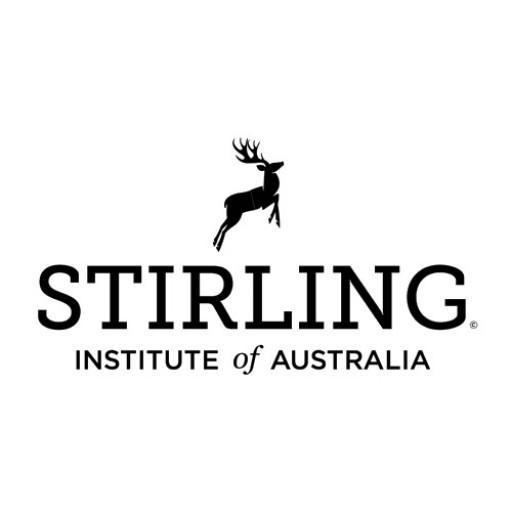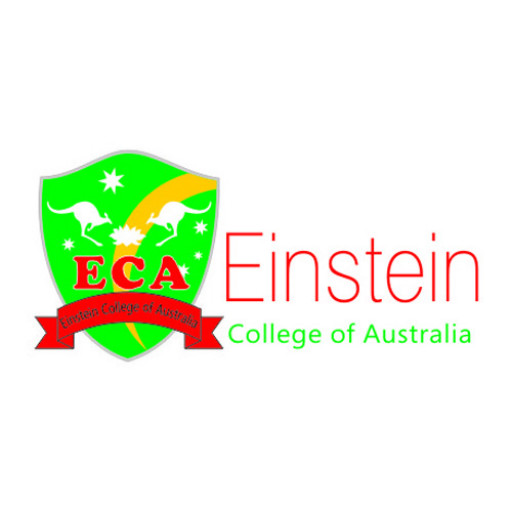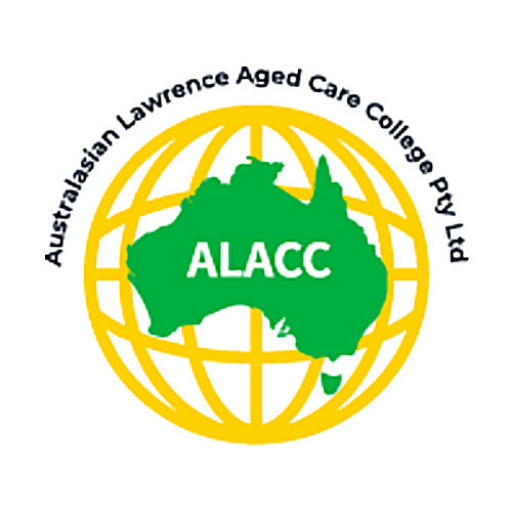This qualification reflects the function of support workers who complete specialised actions and works from aged services; either in residential, home or community based surroundings. Workers will require responsibility for his or her own outputs within specified business instructions and also maintain quality service delivery during the creation, facilitation and inspection of individualised support preparation and delivery.Workers could be required to demonstrate leadership and have limited responsibility for the organisation and also the number and quality of outputs of others within limited parameters.To accomplish that qualification, the candidate will need to have completed at least 120 hours of work as detailed in the Assessment Requirements of the components of competency.No law, legislative, regulatory or certification requirements affect the eligibility during publication.
The Ageing Support program at Stirling Institute of Australia Pty Ltd is designed to equip students with the essential knowledge and practical skills required to provide compassionate and effective support to aging populations. This comprehensive course covers a wide range of topics pertinent to the aged care sector, including understanding the biological, psychological, and social aspects of aging, as well as developing strong communication and interpersonal skills necessary for working with elderly clients. Students will explore the principles of person-centered care, ensuring their approach respects the individual needs, preferences, and dignity of older adults. The program emphasizes the importance of cultural sensitivity and ethical practices when delivering aged care services. Through a combination of theoretical learning and practical training, students will gain insights into common age-related health conditions such as dementia, arthritis, and cardiovascular diseases, learning how to provide appropriate assistance and support. The curriculum also focuses on health and safety protocols, infection control, and emergency response procedures to ensure a secure and respectful environment for both care recipients and staff. Additionally, students will develop skills in collaborative teamwork, problem-solving, and time management, all critical for working efficiently within aged care settings. The program prepares graduates for roles in residential aged care facilities, community care organizations, home support services, and other related sectors. Upon completion, students will be equipped not only with the necessary qualifications but also with a compassionate attitude essential for making a positive difference in the lives of older adults. This qualification aligns with current industry standards and aims to foster a workforce capable of delivering high-quality, respectful, and person-centered aged care services across Australia.
Entering students are typically required to possess a high school diploma or equivalent qualification. Prior experience in health, community care, or related fields may be advantageous but is not mandatory. Applicants must demonstrate proficiency in English, often through standardized tests such as IELTS or TOEFL, with minimum required scores specified by the university. The program aims to equip students with foundational knowledge in ageing support, including understanding the biological, psychological, social, and environmental aspects of aging. Core subjects include age-related health issues, communication strategies, ethical considerations, and community engagement techniques. Practical training components are integrated throughout the curriculum, requiring students to participate in supervised placements within aged care facilities or community organizations to develop real-world skills. The program emphasizes evidence-based practice and cultural competence to adequately prepare graduates for diverse aging populations. Entry may also involve a personal statement or interview demonstrating motivation and understanding of the field. The coursework is designed to meet industry standards and could lead to eligibility for professional certification or licensing, depending on regional regulations. Students are encouraged to access additional support and resources offered by the university, such as academic advising and skills workshops, to enhance their learning experience. Upon successful completion of the program, graduates gain knowledge and practical skills necessary to support aging individuals effectively and ethically, contributing positively to aged care services and community health initiatives.
The Ageing Support program offered by the Stirling Institute of Australia Pty Ltd typically provides students with various financing options to facilitate their studies. Students may explore government-funded financial assistance, including Commonwealth Supported Places or other subsidies, depending on eligibility. Additionally, the institute often offers flexible payment plans to accommodate students' financial circumstances, allowing payments to be made in installments over the duration of the course. Scholarships and bursaries may also be available for eligible students, aimed at reducing the financial burden and encouraging enrollment in the program. Some students might qualify for private financial aid or education loans, which can be arranged through external providers. It is recommended that prospective students consult the institute's financial aid office or website for detailed and updated information regarding funding options, application procedures, and eligibility criteria. The program's cost structure is designed to be transparent, with clear articulation of tuition fees, registration fees, and any additional charges that may apply. The institute strives to support students financially through comprehensive guidance, ensuring they can focus on their studies without undue financial stress. In conclusion, while specific details regarding financing are subject to change and may vary based on individual circumstances and geographic location, students interested in the Ageing Support program are encouraged to explore all available financial avenues to determine the most suitable and sustainable way to fund their education at Stirling Institute of Australia.
The Ageing Support program offered by the Stirling Institute of Australia Pty Ltd is designed to equip students with the essential skills and knowledge required to provide effective support for aging populations. This program focuses on areas such as elderly care, health promotion, and social support services tailored to meet the unique needs of older adults. Students will learn about age-related health issues, ethical considerations in elder care, and communication techniques to improve interactions with seniors. The curriculum emphasizes practical training through case studies, simulations, and hands-on experience, preparing graduates for roles in residential aged care facilities, community support services, and home care settings. The program aligns with current standards and regulations in the aged care industry, ensuring that graduates are well-prepared to meet workforce demands and improve quality of life for older individuals. Additionally, the program explores evolving trends in ageing support, including the integration of technology in elder care, dementia care strategies, and policies promoting independent living among seniors. The Stirling Institute of Australia maintains a commitment to delivering high-quality education through experienced instructors, modern facilities, and comprehensive student support services. Upon completion of this course, graduates will be eligible to pursue careers as aged care assistants, support workers, or care coordinators. The program also provides pathways to further study or professional development in related fields such as social work, healthcare management, or gerontology. It caters to individuals passionate about making a positive impact on the lives of older adults, emphasizing compassion, ethical practice, and culturally sensitive care. As part of the broader health and community services framework, the Ageing Support program aims to develop competent, compassionate professionals dedicated to enhancing the well-being of the ageing population and supporting their independence and dignity in later years.






